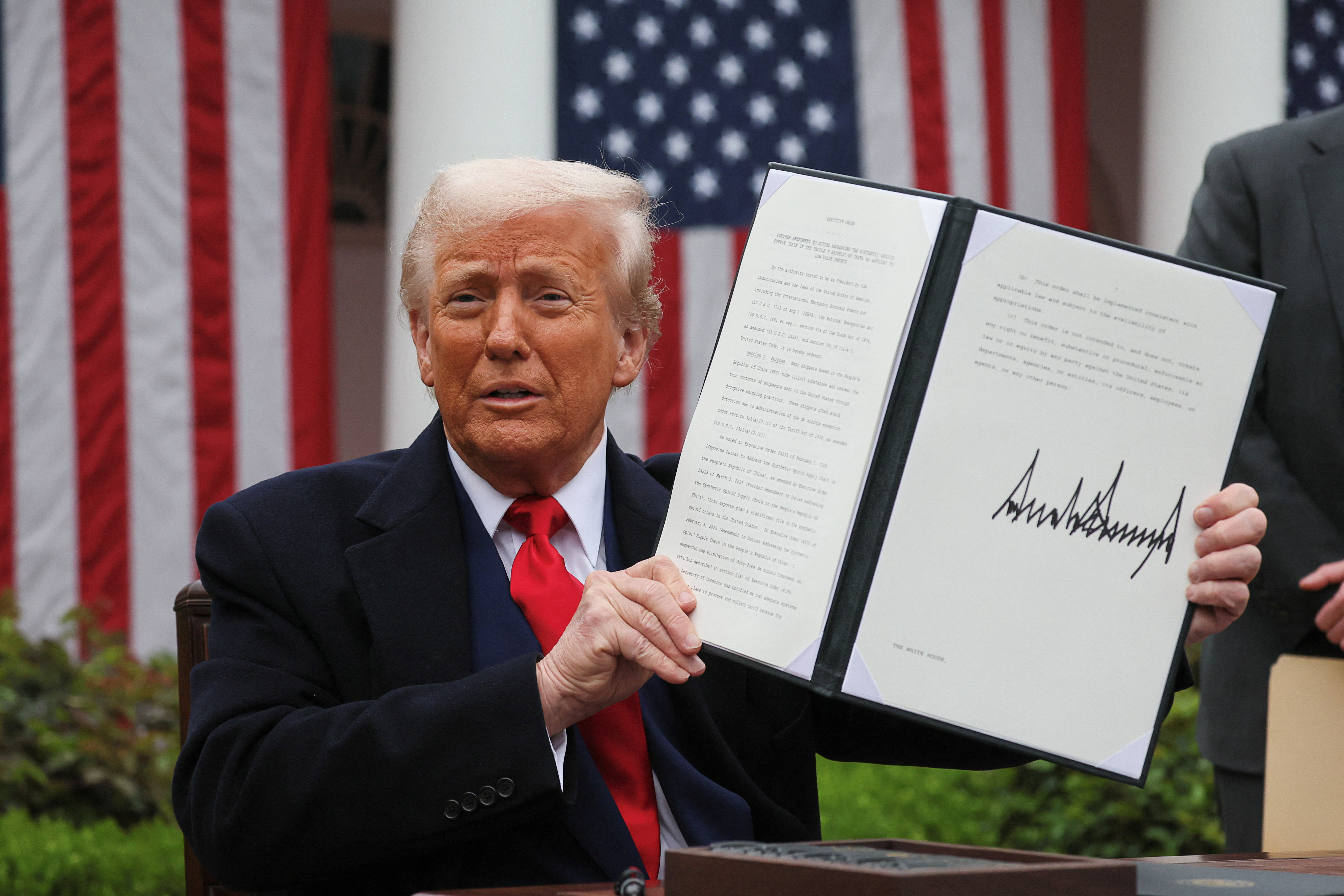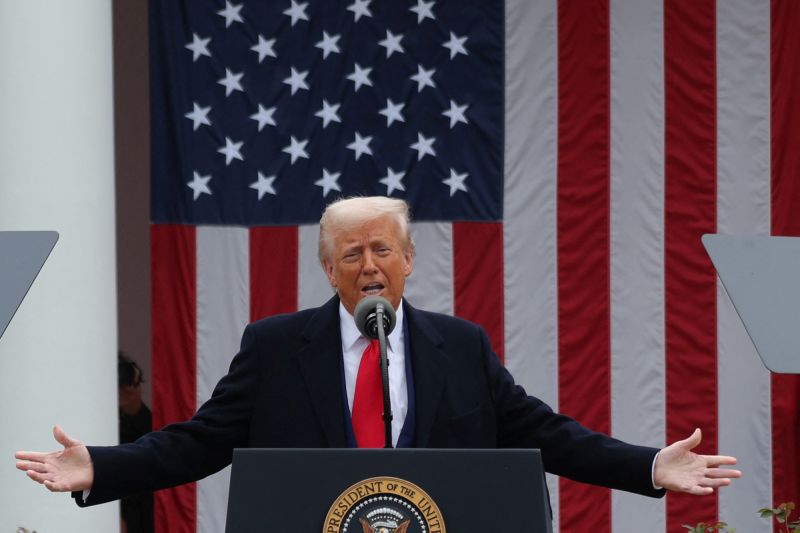Trump's New Tariffs Hit Asia: A Breakdown by Country

President Donald Trump announced sweeping new tariffs on July 7, 2025, impacting a dozen Asian nations. These tariffs, set to take effect on August 1, range from 20% to 40%, significantly impacting trade relations and causing uncertainty in Asian markets. Japan and South Korea face a 25% tariff, while Myanmar and Laos face a hefty 40% levy. Cambodia and Thailand will see a 36% tariff, Bangladesh 35%, Indonesia 32%, and Malaysia and Kazakhstan 25% each. Brunei faces a 25% tariff, and the Philippines a 20% tariff. This follows an April announcement of blanket tariffs and a subsequent 90-day suspension.
Vietnam Secures a Reduced Tariff, but at a Cost

Vietnam has managed to negotiate a trade deal that will see its exports to the U.S. face a 20% tariff, down significantly from the 46% initially proposed. In return, U.S. goods will enter Vietnam duty-free. This deal serves as a potential blueprint for how Trump might negotiate with other smaller economies.
Market Reactions and Political Fallout

Asian equity markets experienced a dip following the tariff announcements, with Hong Kong stocks taking a significant hit. Copper and oil markets also softened. While some describe the market response as “muted,” investors may be anticipating a potential climbdown or compromises before the August 1 deadline. Secretary of State Marco Rubio's Asia trip, intended to focus on maritime security, is now overshadowed by the tariff controversy.
Malaysia's Defiance and India's Potential Deal

Malaysian Trade Minister Zafrul Aziz stated on July 9 that Malaysia is prepared for further tariff negotiations but will not compromise on key issues, including U.S. demands regarding government procurement, halal certification, medical standards, and digital taxes. Meanwhile, President Trump indicated that a trade deal with India is imminent.
Singapore and the Philippines: Exceptions to the Rule

Singapore and the Philippines are the only two ASEAN countries that did not receive specific tariff notification letters, maintaining reciprocal tariff rates of 10% and 17% respectively. Singapore's position is viewed favorably due to its trade surplus with the U.S. and lower reliance on Chinese imports.
The "America First" Policy and its Global Ramifications

These renewed tariffs are a continuation of President Trump’s “America First” trade policy, aimed at reducing U.S. trade deficits and boosting domestic manufacturing. The administration argues the tariffs are necessary to counter what it deems “unfair” trade practices. However, the move has sparked outrage and concern across Asia.
Asian Reaction: Shock, Frustration, and Anger

Asian trading partners, including close allies like Japan and South Korea, are expressing deep frustration and anger, viewing the tariffs as a betrayal of good-faith efforts. Former Japanese officials have described the reaction as “shock, frustration, and anger.”
Economic Uncertainty and Potential Recession

Economists warn that the tariffs could hinder global economic growth and increase recession risks. The lack of clarity and shifting deadlines create significant uncertainty for businesses, impacting investment, contracts, and hiring decisions. Some analysts suggest that economic concessions made by Southeast Asian states to avoid tariffs offer only temporary relief.
The "TACO" Phenomenon and the Fragmented Global System

The muted market reaction might be attributed to a belief that President Trump will ultimately compromise or back down, mirroring past behavior. This phenomenon has been dubbed the "Trump Always Chickens Out" (TACO) theory. The escalating tariffs are also contributing to the fragmentation of the global financial system, increasing geopolitical risks for financial institutions.
Impact on U.S. Alliances and the Rise of China

There are concerns that the escalating trade war could damage U.S. relationships with key Asian allies, potentially pushing them toward closer economic ties with China. The situation highlights the complexities of navigating global trade relations and the potential consequences of unilateral trade policies.
Key Dates and Timeline
April 2, 2025: Trump announces global tariffs. April 9, 2025: Trump suspends most country-specific tariffs for 90 days. July 7, 2025: Trump announces new specific tariff rates. August 1, 2025: New tariffs are set to take effect.